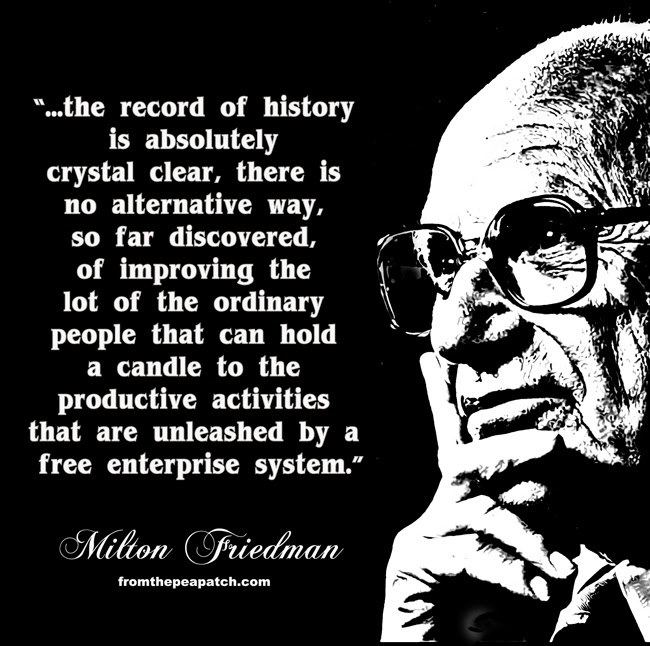Monday, November 24, 2014 2:02:23 PM
and so should anyone else. These "advocates" have a tendency to "spin" results.
Since its launch in early 2012, RenewEconomy.com.au has quickly emerged as Australia’s best informed and most read web-site focusing on clean energy news and analysis, as well as climate policy. It is read widely among the industry and policy-makers, and others with a strong interest in the transition to a low carbon economy. It has a strong international readership because it also focuses on global trends.
http://reneweconomy.com.au/about
This is what Deutsche Bank actually said....
US solar capacity to total 50GW by end of 2016, says Deutsche Bank
The September Deutsche Bank research note also predicted a rush of installations ahead of the reduction in investment tax credit (ITC) which will take place in 2016.
The analysis is based on levelised cost of energy (LCOE), gross lifetime cost of system and lifetime electricity production, with ITC inclusion also factored in.
http://www.pv-tech.org/news/us_installed_capacity_to_total_50gw_by_the_end_of_2016_including_20gw_to_30
ITC's
In general, the following credits are available for eligible systems placed in service on or before December 31, 2016*:
Solar. The credit is equal to 30% of expenditures, with no maximum credit. Eligible solar energy property includes equipment that uses solar energy to generate electricity, to heat or cool (or provide hot water for use in) a structure, or to provide solar process heat. Hybrid solar lighting systems, which use solar energy to illuminate the inside of a structure using fiber-optic distributed sunlight, are eligible. Passive solar systems and solar pool-heating systems are not eligible.
http://www.dsireusa.org/incentives/incentive.cfm?Incentive_Code=US02F
This is bad policy and it drives up the cost of energy. Taxes are levied to "offset" costs.
If costs tripled, then it might be an alternative. Bureaus are seeing to it costs continue to rise.
Cannabix's Breath Logix Alcohol Device Delivers Positive Impact to Private Monitoring Agency in Montana, USA • BLO • Apr 25, 2024 8:52 AM
Kona Gold Beverages, Inc. Announces Name Change to NuVibe, Inc. and Initiation of Ticker Symbol Application Process • KGKG • Apr 25, 2024 8:30 AM
Axis Technologies Group and Carbonis Forge Ahead with New Digital Carbon Credit Technology • AXTG • Apr 24, 2024 3:00 AM
North Bay Resources Announces Successful Equipment Test at Bishop Gold Mill, Inyo County, California • NBRI • Apr 23, 2024 9:41 AM
Epazz, Inc.: CryObo, Inc. solar Bitcoin operations will issue tokens • EPAZ • Apr 23, 2024 9:20 AM
Avant Technologies Launches Advanced AI Supercomputing Network and Expansive Data Solutions • AVAI • Apr 23, 2024 8:00 AM










